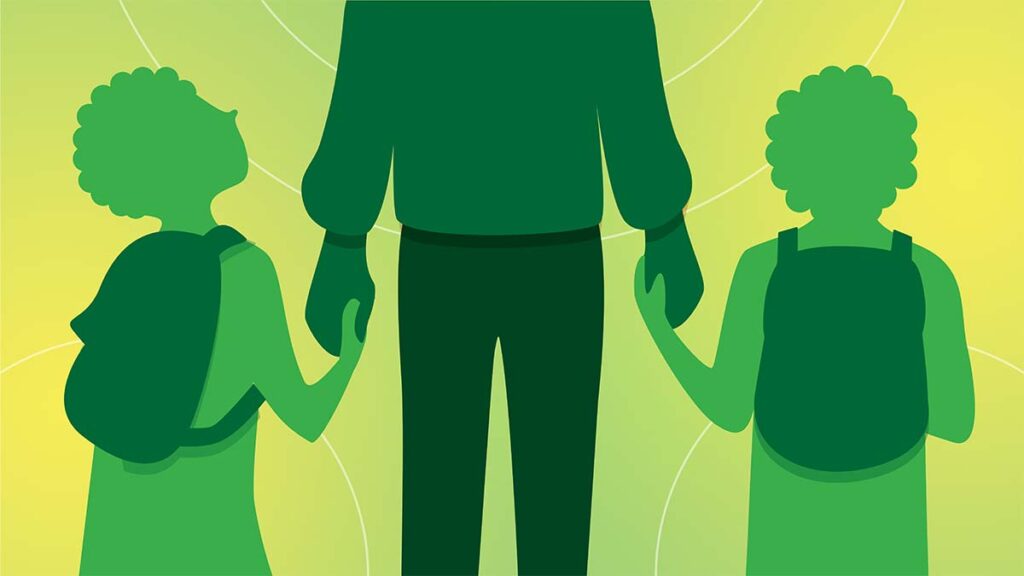A will is document that allows you to name a person to handle your estate, often referred to as an executor or personal representative, and allows you to specify who receives your assets upon your death.
Many young adults don’t understand the importance of having a Will. Many people think Wills are only for the elderly or for older people who are wealthy. If you have children, it is imperative that you have a Will. In most states, if you don’t have a Will your property will pass 50% to your wife and 50% to your kids. The problem with that is if your children receive the property outright the property will have to be held in a conservatorship subject to a court’s oversight until the child reaches 18 years old. If money or property is held in a conservatorship, the use of those assets are often restricted. This means that half of your family’s assets may not be available for your family to use, or your family may have to request the court’s permission to use the funds.
The other big problem with dying without a Will for a person with young children is that the children will receive all of the property when they turn 18. For some children, that may be fine, but others may not be mature enough to receive a large amount of money at such a young age. If a Will is properly done, it allows you to name someone to hold the property for the children until they reach a certain age, and allows the person you name to use the property for your children as they need it. The person that you name to hold the property is known as the Trustee. You may say that your children will receive one-third of the property at 21, one-third at 25 and the rest at 30. You could decide that they will receive all of the property at 25. Until they reach the ages that you specify, the Trustee will use the assets for your children’s health, education, maintenance and support.
In addition to the Trustee, you can name a person to actually take custody of the child in the event you and their other parent both pass away. This person is called a guardian. Naming a guardian allows you to determine who will take care of your child until they turn 18. It’s a good idea to discuss this with the people you’d like to name as the guardian. During this conversation, make sure they’re willing and able to serve as guardian in the event that you and any other legal guardian pass away. People often name their parents, but you also see a lot of people naming either siblings or friends since they are younger, and are more likely to be living and fully capable of caring for young children and teenagers.
It’s obviously important for older adults to have a Will, but older adults most likely don’t have minor children, and therefore do not have the same risks that younger adults face by not having a Will.



